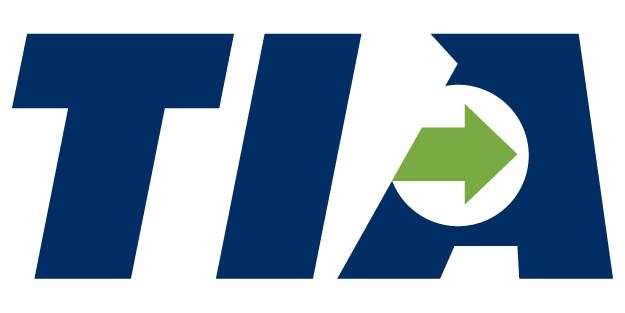Issue 122
DOL Publishes Overtime Pay NPRM in Federal Register:
A projected 3.4 million employees will be eligible for the updated overtime rule that was proposed last week by the U.S. Department of Labor. When published in the Federal Register, it’s important to keep in mind these are proposals that are open for a 60-day comment period before being considered for a final ruling, so there is no guarantee this proposed rule will become actual regulation. Nonetheless, what exactly does this mean for qualified workers?
The Department of Labor (DOL) has introduced a proposed rule aimed at raising the salary threshold for "exempt" employees under the Fair Labor Standards Act (FLSA). To provide context, non-exempt workers are entitled to overtime pay (at a rate of time and a half) for hours worked beyond 40 in a workweek, while exempt employees do not qualify for overtime. An employer designates each job as either exempt or non-exempt based on whether the employee meets both the salary and duties tests.
Currently, the salary requirement for exemption is $684 per week ($35,568 per year). The proposed rule suggests two major changes:
- Minimum Salary Increase: The proposed minimum salary for exemption would be $1,059 per week ($55,068 per year), marking a significant 55% increase from the current threshold.
- Automatic Adjustments: The rule suggests that the salary rate should be automatically adjusted every three years, with the adjustment linked to the 35th percentile of weekly earnings for full-time employees in the South region, which typically has lower wages.
Additionally, the DOL proposes an increase in the salary for "highly compensated employees" from $107,432 per year to $143,988 per year, an almost 34% increase, also with automatic updates every three years.
These pay increases will be welcomed by individuals until companies start making cuts to satisfy the new increase in payroll. Again, this proposal is far from being enforced regulation, but its introduction is the first step in that process.
FAA Bill – Still TBD:
The Senate's FAA (Federal Aviation Administration) bill has hit a roadblock once again, with a pilot training-related amendment causing delays. The bill, S. 1939, has faced challenges due to an amendment proposed by Senators John Thune (R-S.D.) and Kyrsten Sinema (I-Ariz.). This amendment seeks to allow an extra 250 hours of simulator training to count toward the 1,500-hour requirement for commercial pilot training.
Disagreements over this amendment led to the postponement of the Senate Commerce Committee markup in June, and it hasn't been rescheduled. Senator Thune has accused Senate Majority Leader Chuck Schumer of intentionally delaying the bill's floor consideration due to this issue. The current authorization for FAA programs is set to expire at the end of the month.
Republicans have pointed fingers at Schumer, blaming him for hindering progress on the FAA bill, including delaying the markup. Schumer has been a strong advocate for the 1,500-hour rule, which was prompted by a 2009 plane crash in his home state of New York, leading to calls for stricter aviation safety regulations.
As a result of this deadlock, it appears increasingly likely that an extension will be necessary for the FAA bill. Senator Thune expressed frustration, stating that he has cooperated extensively but faced roadblocks in getting the bill to the floor for consideration. If a deal is not reached by September 30th, it will have to ride on a continuing Resolution (CR) until a deal is reached.
White House Announces New FAA Nomination:
President Joe Biden has nominated Michael Whitaker, a veteran regulator and airline executive, to head the Federal Aviation Administration (FAA). This nomination comes after nearly 18 months of vacancy at the top of the agency, causing concern among lawmakers due to an increase in aircraft near-misses, flight delays, cancellations, and staffing issues at air traffic control facilities amid a surge in travel following the pandemic.
Biden's previous nominee for the position, Phil Washington, withdrew his nomination in March, facing criticism from both Democrats and Republicans who questioned his aviation expertise. Michael Whitaker's nomination now awaits Senate vetting and confirmation.
Senator Ted Cruz, the top Republican on the Senate Commerce Committee responsible for reviewing Whitaker's nomination, criticized the delay in nominating an FAA administrator and the previous nominee's qualifications. He expressed the need to assess Whitaker based on his credentials.
Senator Tammy Duckworth, chair of the Senate Commerce Aviation panel, welcomed the nomination, stating that the FAA had been without leadership for too long. Whitaker has gotten industry support for his nomination.
Michael Whitaker's potential appointment as head of the FAA will address the leadership vacuum at a time when the aviation industry faces various challenges and increased travel demand.
If you have any questions about this newsletter or TIA 2023
Policy Forum, please email [email protected]
TIA 1900 Duke Street STE 300 Alexandria, Virginia 22314 US
Want to change what emails you receive from us? Update your preferences.















